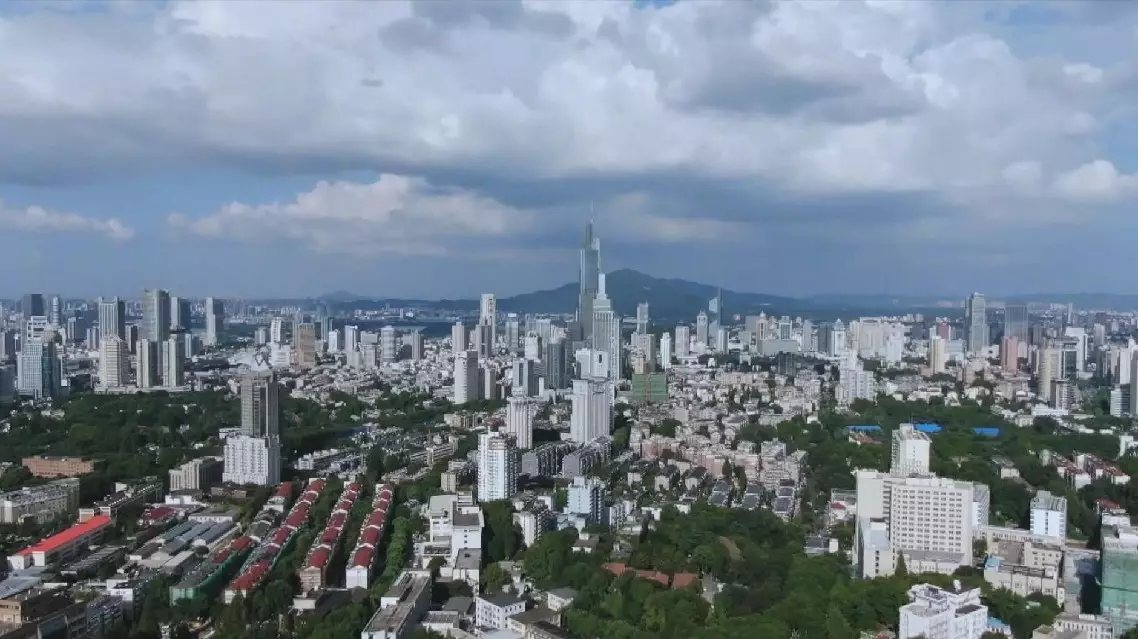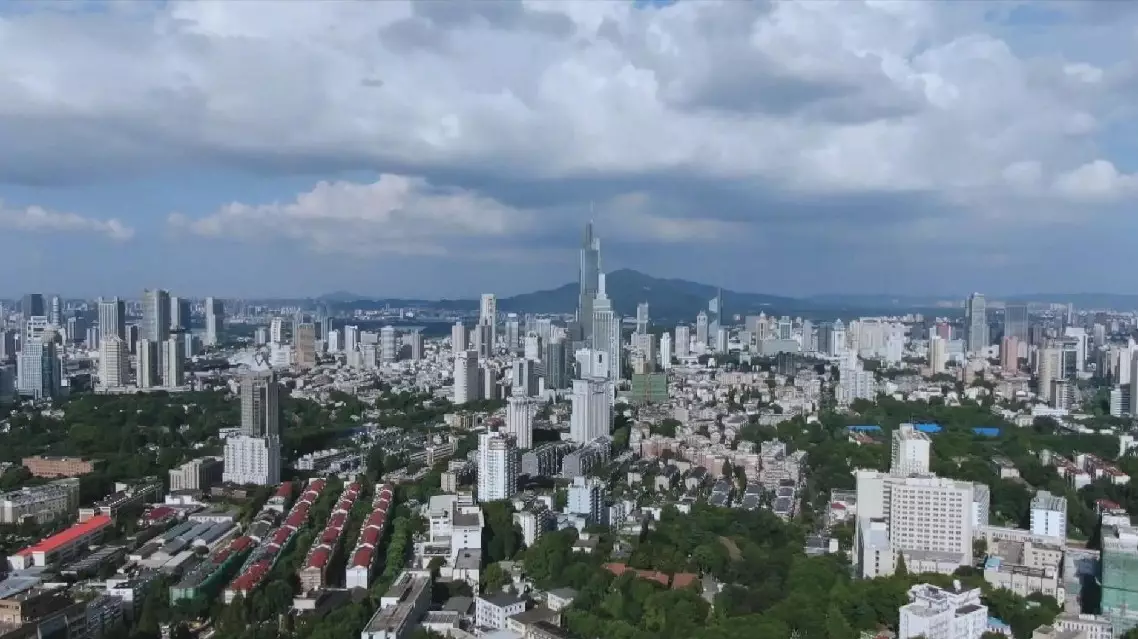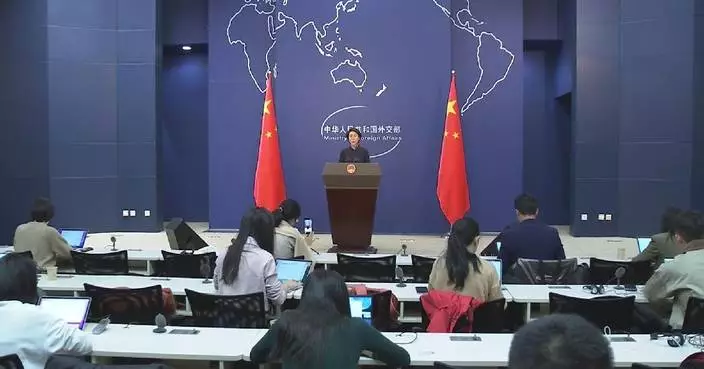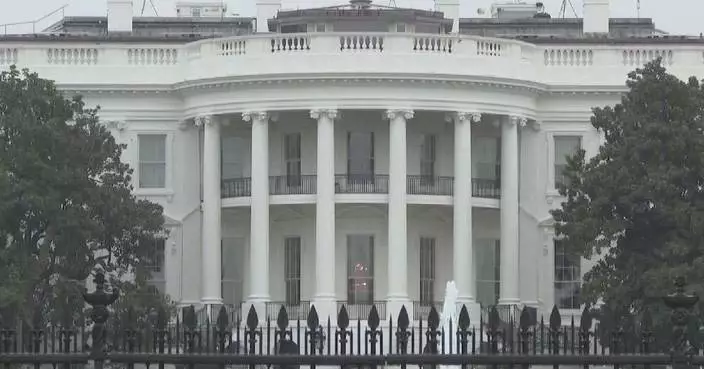The diminishing influence of its soft power coupled with the difficulty in defending its traditional dominance and hegemony in Southeast Asia has spurred the United States-led West's increasing attempt to project its military power in the region, according to a Malaysian scholar.
Peter Chang Thiam Chai, a research associate at the Malaysia-China Friendship Association in Kuala Lumpur, recently penned an opinion piece in South China Morning Post, in which he said that while the United States seems focused on military alliances, China is holding out a vision of economic collaboration and trust between civilizations.
In it, Chang said as its soft power is increasingly challenged, the U.S. appears to be relying more on its hard power to uphold its vision of a rules-based international order. In contrast, China is establishing the socioeconomic and civilizational foundations of an equitable world order through its vision of a community with a shared future.
Speaking with China Global Television Network (CGTN) in a recent interview aired on Saturday, the scholar elaborated further why today's Southeast Asian countries have lost faith in the "American dream" and the American-style democracy that had long enabled the U.S.-led West to remain the dominant power in the region.
"They were once the dominant economic power and then suddenly a rival came out and they found out that they no longer can compete project by project with the Chinese. Because they no longer compete, they withdrew. A lot of us in Southeast Asia were captivated by the American dream, the American story at the end of the Cold War. We thought that this would be the way forward for the rest of the world, but we have struggled to keep up to our own values and ideals. America, in particular, has also struggled to keep up to their own proclaimed values and ideals. America itself is going through a moment of crisis in their own democracy, so that soft power has really diminished. It not only affected America's own pursue of their own vision, but also affected those of us who had faith in that vision, [so] that we were now considering having second thoughts. Perhaps there's another way in which you could understand what human flourishing is, what governance is," he said.
The scholar underscored China's cooperation with other countries, including those in Southeast Asia, within the framework of the Belt and Road Initiative as an effective way to revive economies and achieve prosperity, saying that since the West has found it difficult to keep up with the competition, it has resorted to projecting military power instead to maintain its dominance in the region.
"In Southeast Asia, we have experienced firsthand how China's Belt and Road Initiative, for example, has really rejuvenated the economic momentum in this part of the world. It marks a relative decline of the West's, the U.S. in particular, economic influence and dominance globally and also in Southeast Asia. So, with this decline, America is increasingly finding itself difficult to defend its traditional dominance and hegemony. And you see that being replaced, instead of applying counter economic programs to compete with China, they are falling back onto their hard power, their military power, to maintain or retain some dominance in the region," Chang said.
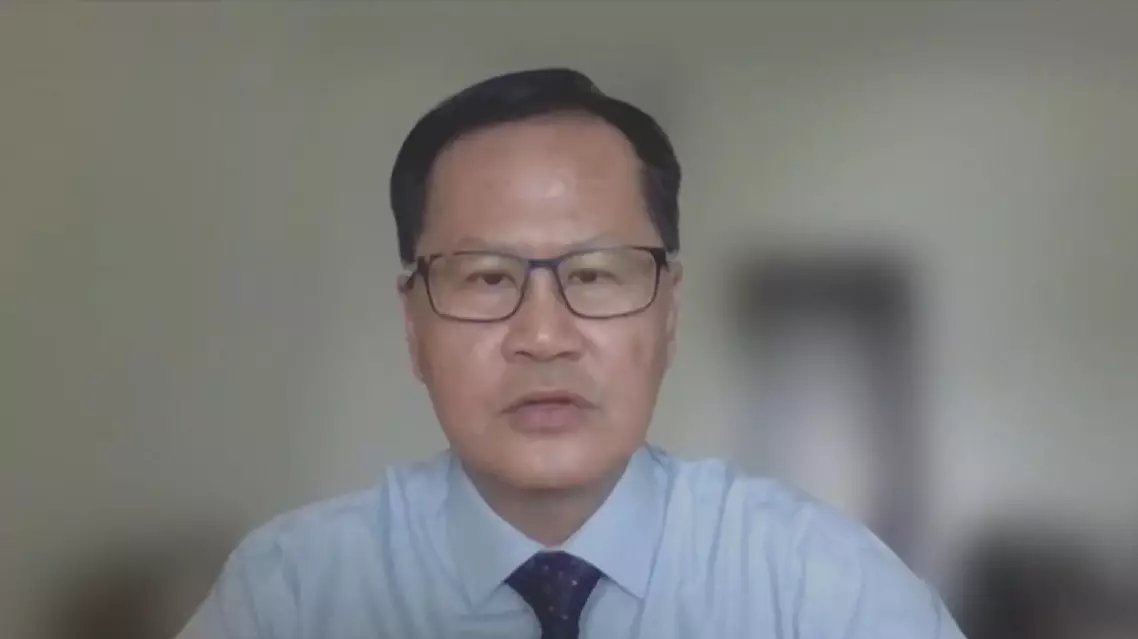
Declining dominance behind West's resort to hard power flexing in Southeast Asia: scholar


